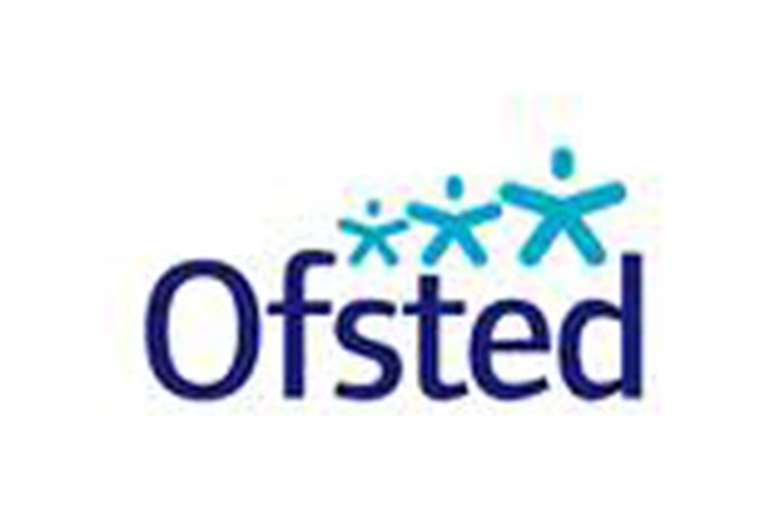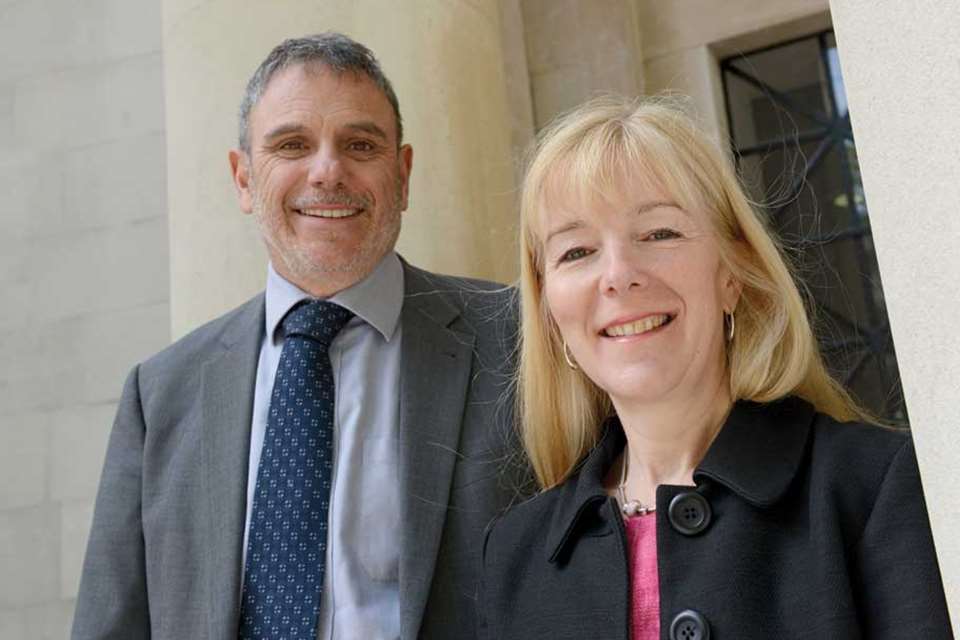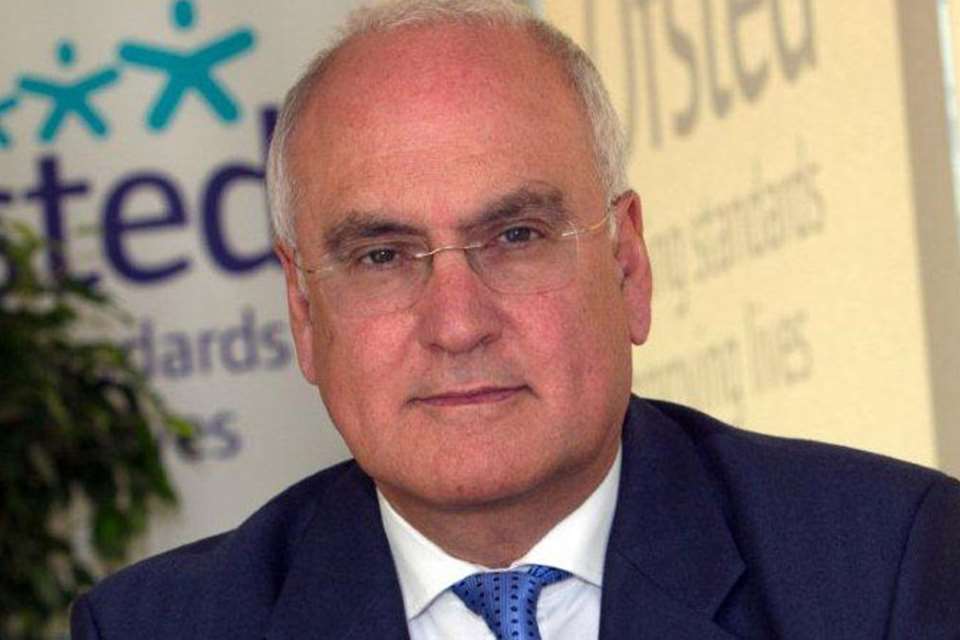Early years sector made most complaints about Ofsted
Friday, June 13, 2014
Two-thirds of all complaints against Ofsted were made by early years providers last year.

Oftsed’s annual report and accounts reveals that the number of complaints made by early years settings about their inspections was significantly higher than complaints made in other areas Ofsted inspects.
This is despite the fact that early years inspections account for just over half of all Ofsted’s inspection activity.
The early years sector has been calling for an end to third-party inspections as part of the long-running Ofsted Big Conversation campaign.
However, the inspectorate has ruled out any contractual changes, saying it is not the right time to bring inspections for early years providers in-house.
During the 2013/14 financial year, 66 per cent of formal complaints against Ofsted were made by nurseries or childminders: there were 1,197 ‘step 2’ complaints – the start of the formal complaints process - made by early years providers, compared to 475 complaints made by schools, 21 by further education colleges and 97 by social care providers.
Seventy two per cent of internal review requests also came from early years providers, with 236 internal reviews carried out.
However, despite the high level of complaints, very few inspection judgements were overturned.
As a result of all Step 3 internal reviews in 2013–14, just ten inspections were deemed flawed and 12 inspections had their overall judgements changed, representing just 0.02% and 0.03% of all activity.
The report also reveals that the number of concerns raised about providers increased.
In 2013–14, Ofsted risk-assessed 11,874 concerns about early years providers, an increase on 2012–13.
Ofsted said this was due, in part, to heightened safeguarding awareness following a number of high profile cases and associated media attention. Following risk assessment, Ofsted arranged 1,562 inspections to be completed within five days and 3,047 within 30 days.
Some 4,215 cases remained with Ofsted for initial investigation – 2,510 were referred to the next inspection of the provider and 42 are yet to receive a risk assessment outcome.
Where providers are not able to meet the required standards or children are at risk of harm, Ofsted has the power to suspend or ultimately to cancel the provider’s registration. In 2013–14, Ofsted took steps to cancel registration in 112 cases.
‘Fundamental flaws’
The Pre-school Learning Alliance said that the findings suggested that there was ‘a fundamental problem with the early years inspection process’.
It urged Ofsted to look again at its position on using third party contractors to carry out early years inspections, following its decision earlier this month to bring schools and FE colleges back in-house.
Neil Leitch, chief executive of the Alliance, said, ‘While we welcome the fact that Ofsted has started to engage with the sector on certain issues, such as the growing prevalence of complaint/concern-driven inspections, it’s clear that there are still many questions to be answered over the quality, fairness and consistency of all early years inspections.
‘Our recent sector-wide Early Years Agenda survey revealed that, on a scale of 1 to 10, early years practitioners rate their confidence in Ofsted as 4.7 on average – with a third of respondents giving a rating of three or less. Until these concerns over inspection quality are addressed, confidence in Ofsted will continue to decline.
‘While Ofsted has now taken steps to address concerns over the quality of school and further education inspections by bringing them back in-house, this approach has yet to be extended to the early years sector. These figures should send a clear message to Ofsted that it must look to improve the quality of early years inspections as a priority. This is simply not possible under the contractual arrangements and so we continue to urge Ofsted to reconsider to its current stance on this point.’
However, in response, Ofsted said it did not think it was the right time to bring early years inspections in-house.
An Ofsted spokesperson said, 'Our early years inspectors all have a background in the sector and make judgements based on what they see and know about a nursery or other kind of early years setting. All inspectors work within a national framework which ensures consistent standards.
'If however an early years provider is unhappy about the judgement on the quality of the setting then they should raise the matter with us as soon as possible.
'We are working through wider changes in the early years sector. For example, we do not yet know the impact of childminder agencies. As a consequence, we do not think it is the right time for large contractual change.'







